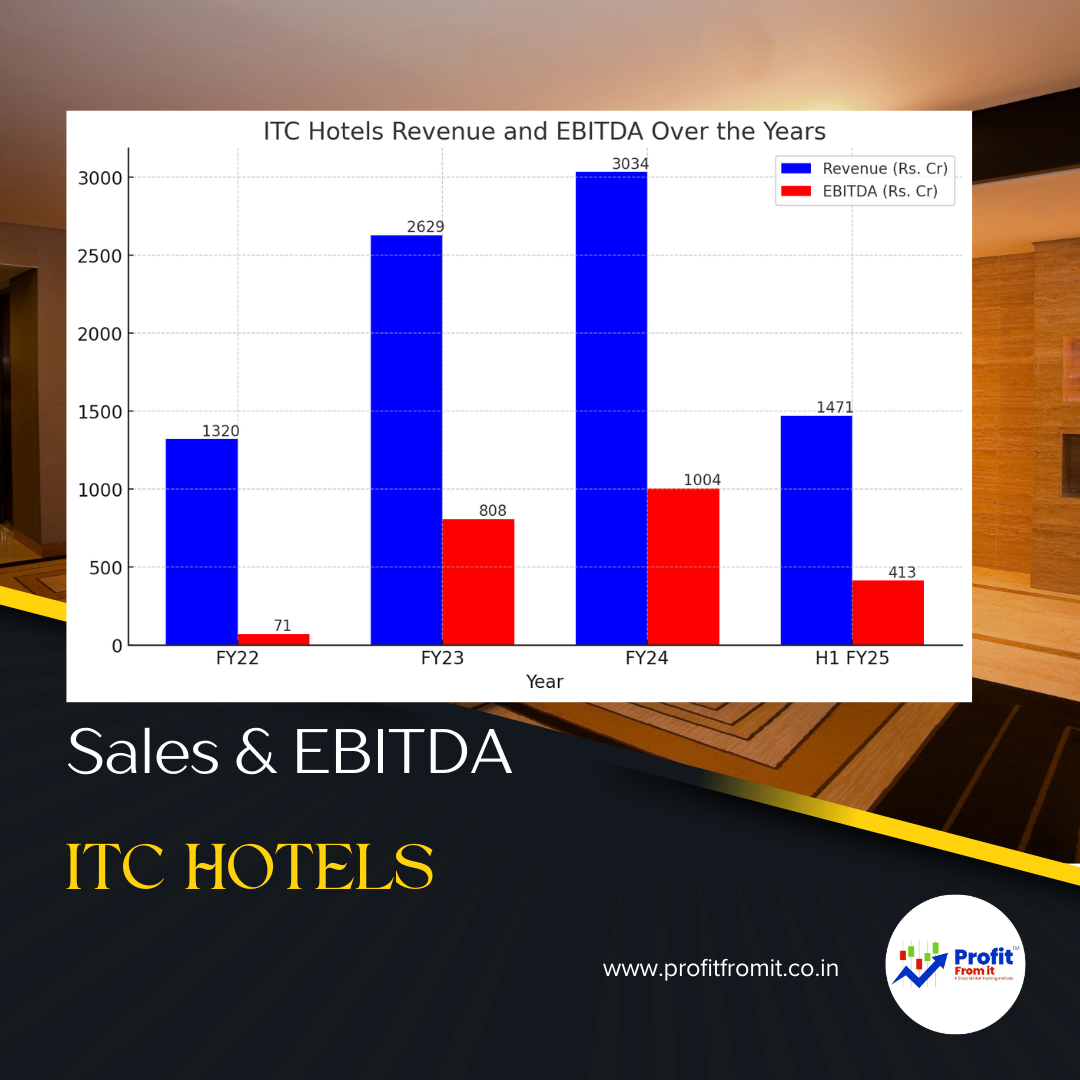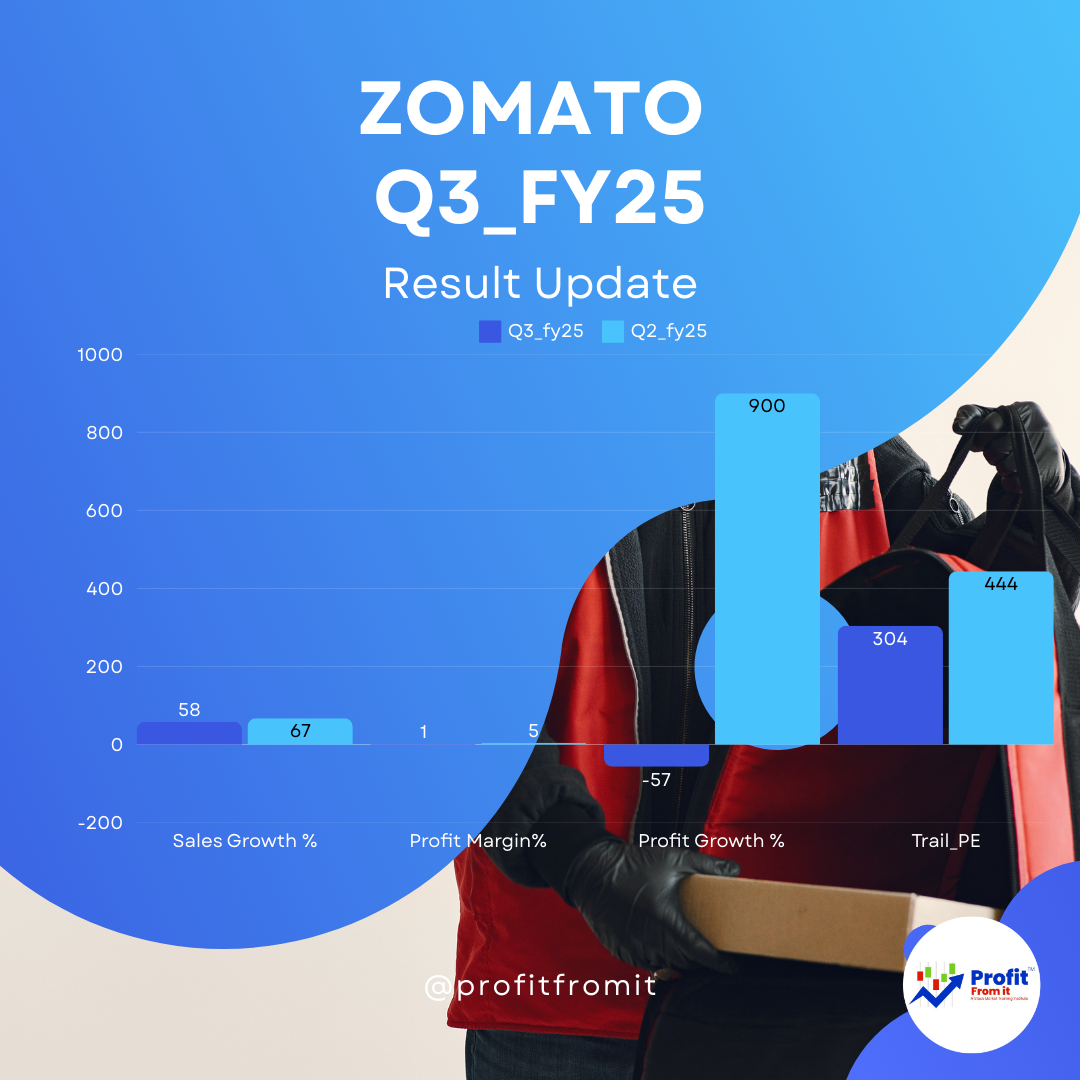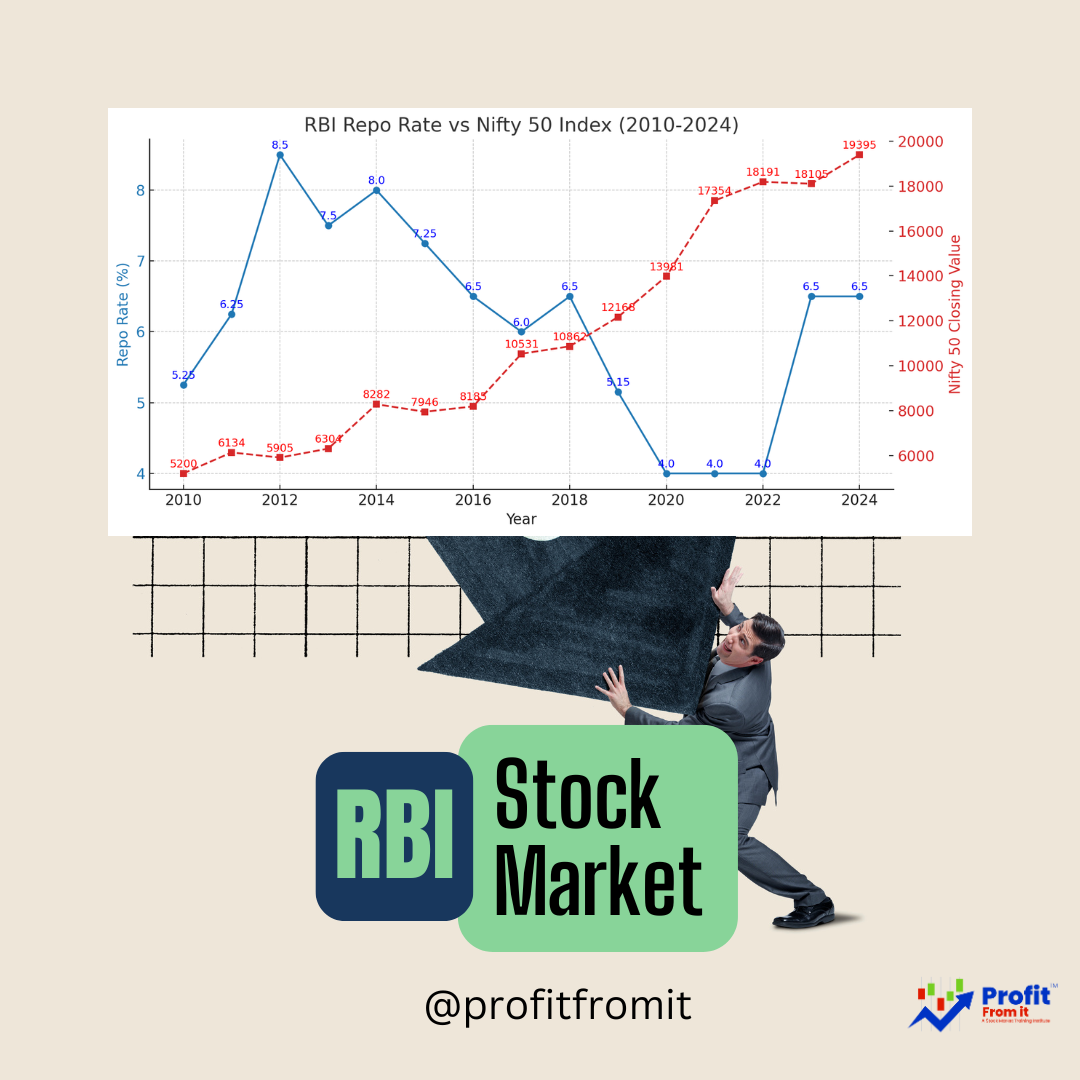
📈 FY25 Performance Overview
Total Sales: 2,234,266 units – 🟢📈 +4.6% YoY
Domestic Sales: 1,795,259 units – 🟢📈 +0.1% YoY
Exports: 332,585 units – 🟢📈 +17.5% YoY
OEM Sales: 106,422 units – 🟢📈 +81.6% YoY
🔍 Segment-wise Sales Performance
| Segment | FY25 Units | FY24 Units | YoY Growth |
|---|---|---|---|
| Mini (Alto, S-Presso) | 125,770 | 142,094 | 🔴📉 -11.5% |
| Compact (Swift, Baleno, etc.) | 770,737 | 828,015 | 🔴📉 -6.9% |
| Mid-Size (Ciaz) | 8,402 | 10,337 | 🔴📉 -18.7% |
| Utility Vehicles | 720,186 | 642,296 | 🟢📈 +12.1% |
| Vans (Eeco) | 135,672 | 137,139 | 🔴📉 -1.1% |
| LCVs (Super Carry) | 34,492 | 33,763 | 🟢📈 +2.2% |
🧠 Strategic Investor Insights
1. SUV-Led Growth Story – The sharp rise in utility vehicle sales marks a strategic shift by Maruti Suzuki to tap into India's evolving consumer preference. Models like Fronx, Grand Vitara, and Jimny are key volume drivers.
2. Export Footprint Expansion – With a 17.5% rise in exports, Maruti is gaining traction in LATAM, Africa, and ASEAN regions. Its cost-effective and fuel-efficient models position it well against international peers.
3. OEM Channel Emergence – A staggering 81.6% increase in OEM sales signals expanding partnerships, a move that opens new business verticals and de-risks core retail dependence.
4. Urban vs. Rural Consumer Shift – While mini and compact car sales fell, the growth in UVs suggests higher urban demand and rural customers opting for CNG/LCV solutions due to affordability and fuel costs.
5. Stronger Profitability Outlook – With a shift toward higher-margin UVs, combined with Maruti's lean manufacturing and cash-rich balance sheet, profitability and return ratios are expected to improve in FY26.
📆 Key Risk Factors to Monitor
1. Input Cost Volatility – Steel, rubber, and chip cost surges could impact operating margins.
2. Weakness in Entry Segment – Declines in the mini (-11.5%) and compact (-6.9%) segments reflect affordability pressure and rising preference for feature-loaded cars.
3. Delay in EV Adoption – Maruti has limited presence in the EV segment compared to Tata Motors and Mahindra, which may affect long-term competitiveness.
4. Regulatory Tightening – Emission norms and safety regulations could drive up compliance and R&D costs.
5. Global Exposure Risks – Export-led growth is subject to geopolitical, currency, and trade policy uncertainties.
6. Competitive Pressure – Aggressive pricing and product launches from Hyundai, Kia, Toyota, and Chinese OEMs could pressure volumes and margins.
📊 Beneficiary Companies
Auto Component Leaders:
Motherson Sumi Wiring
Bosch Ltd.
Sona BLW Precision
Endurance Technologies
EV and Energy Storage Ecosystem:
Amara Raja Batteries
Exide Industries
Logistics & Distribution Enablers:
TCI Express
VRL Logistics
Others to Watch:
Sundaram Clayton
Lumax Auto
Bharat Seats (Maruti JV partner)
💼 Actionable Takeaways for Investors
Sector Allocation: Increase portfolio exposure to auto and auto ancillaries.
Export-Focused Picks: Watch for tier-1 suppliers with global exposure.
SUV Supply Chain: Identify suppliers linked to Brezza, Fronx, and Grand Vitara.
Track Q1FY26: UV contribution and margins will set tone for next leg of growth.
Sector Allocation: Increase portfolio exposure to auto and auto ancillaries.
Export-Focused Picks: Watch for tier-1 suppliers with global exposure.
SUV Supply Chain: Identify suppliers linked to Brezza, Fronx, and Grand Vitara.
Track Q1FY26: UV contribution and margins will set tone for next leg of growth.
⚠️ Disclaimer
This report is intended for educational and informational purposes only and does not constitute investment advice. Please consult a SEBI-registered advisor before making any financial decisions.



 for Investors The provided chart outlines key metrics for Nifty 500 companies across different periods (FY22 t.png)





